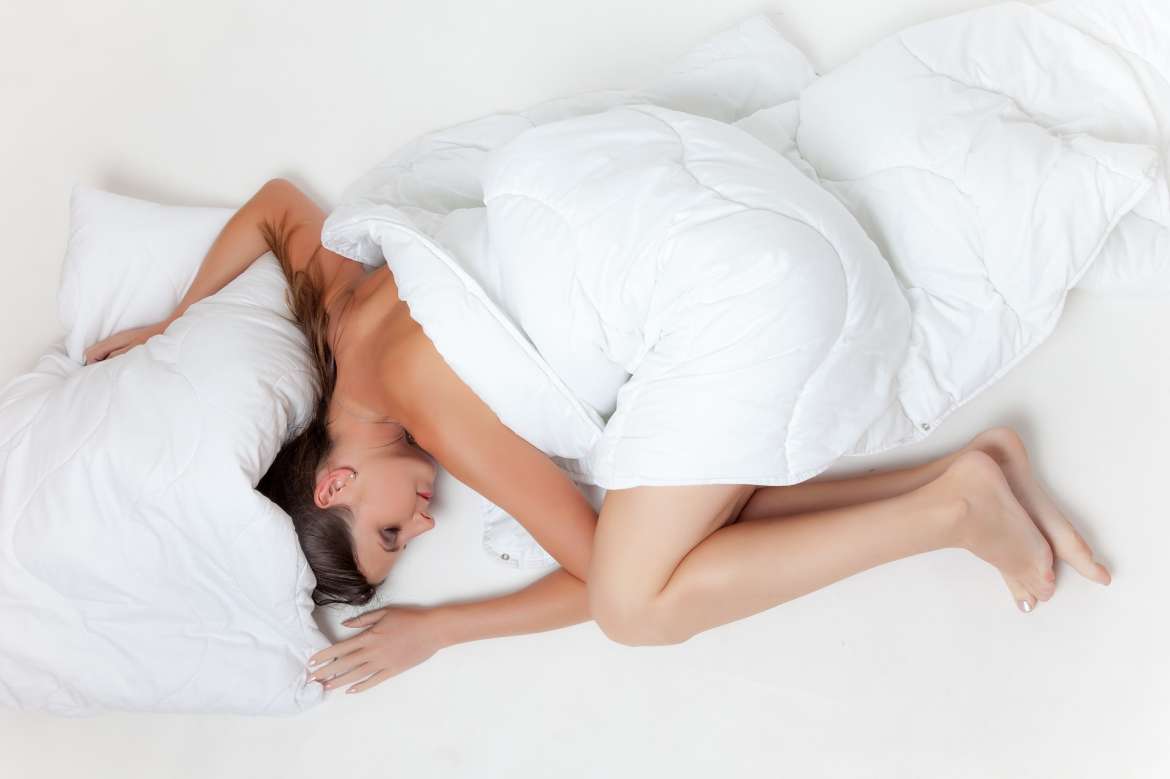Sleep is our body’s, and especially our brains, reset button. During sleep, your body restores your immune system and creates new connections in your nervous system. Most hormones are also restored while you sleep. That’s why a good night of sleep is so important to us.
If your body doesn’t get the time it needs to rejuvenate itself, you will quickly feel the consequences. Not only will you be tired but you could also compromise your immune system and overall health if sleep deprivation is chronic. Basically, it’s just another form of stress, which – like all other forms of stress – will lead to problems if left untreated.
In fact, prolonged poor sleep has even been linked to major diseases like cardiovascular disease, obesity and diabetes. And these are just the physical problem. Mental problems arising from sleep deprivation include anxiety disorders, lower ability to relate to others and worse memory.
As you can see, the right quality and quantity of sleep are huge for our health. Fortunately, the most common causes of sleeping problems are completely preventable, which I will address now. The magic word is sleep hygiene, which refers to all the habits that you should adopt that induce good sleep.
Most of these routines are very easy to adopt and only small changes. I will now list the most common ones, which are seen as general guidelines towards better sleep.
Find a dedicated place for sleeping
First, reserve the bed as a sacred place for sleeping. You shouldn’t watch television or read there and it should only be used once you are ready to sleep. Watch tv on the couch and don’t use your bedroom as a place to socialize.
Have a strict sleep schedule
Next, go to bed and get up at the same time every day. Many of us travel a lot or stay out late on the weekend. Then it’s best to reset your rhythm by setting a specific sleep/wake time and sticking to it. Your body will adapt to that schedule and feel a lot better following it.
If your bed and wake time change too much, your body will feel confused, you’ll be tired during the day and have trouble sleeping at night.
Watch the caffeine
Also, make sure to not consume any stimulants like caffeine at least six hours prior to bed. Depending on how sensitive you are to caffeine you might even want to go longer than 6 hours before bedtime, but for most people is a good rule of thumb. Your exercise should also be done with enough time prior to your bedtime.
Exercise improves sleep quality
Of course, exercising regularly is important and will help you sleep better at night, but only when your body has enough time to cool down afterwards.
With “cool down” I don’t just mean body temperature but the release of endorphins during physical activity will also act as a natural stimulant and keep you awake if you work out right before bedtime.
Large meals right before bedtime can become problematic
When to eat your last meal is also important. Some people will have problems falling asleep on a full stomach, but an empty one is just as bad.
There is really no guideline here on when to eat exactly, but having your last meal at least an hour or two before bed time is probably a good idea.
Keep naps to a minimum
Naps are another thing that will benefit some and hurt others. Napping during the day will deprive you of your sleep deficit that is build throughout the day. If it is too small, your body will not be able to fall asleep when its bed time. If that is the case, you probably want to limit or cut the daytime naps.
Drink responsibly
While it will make you fall asleep quicker, alcohol decreases sleep quality, therefore leading to less than optimal sleep overall. Basically, it prevents you from entering the deep stages of sleep and will keep you in the lighter ones. This keeps your body from fully recovering from the day and preparing for the next.



